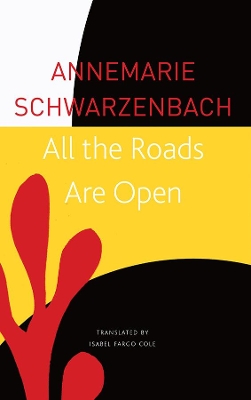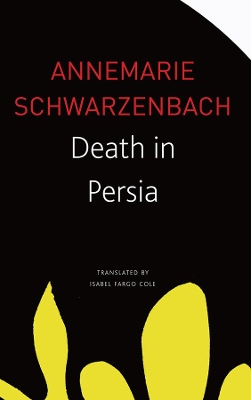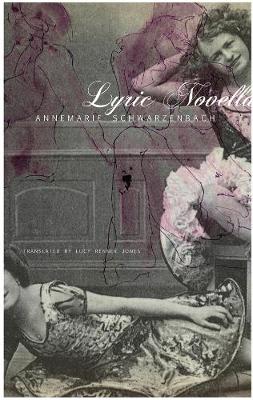SB - The Swiss List
3 total works
In June 1939 Annemarie Schwarzenbach and fellow writer Ella Maillart set out from Geneva in a Ford, heading for Afghanistan. The first women to travel Afghanistan’s Northern Road, they fled the storm brewing in Europe to seek a place untouched by what they considered to be Western neuroses. The Afghan journey documented in All the Roads Are Open is one of the most important episodes of Schwarzenbach’s turbulent life. Her incisive, lyrical essays offer a unique glimpse of an Afghanistan already touched by the “fateful laws known as progress,” a remote yet “sensitive nerve centre of world politics” caught amid great powers in upheaval. In her writings, Schwarzenbach conjures up the desolate beauty of landscapes both internal and external, reflecting on the longings and loneliness of travel as well as its grace. Maillart’s account of their trip, The Cruel Way, stands as a classic of travel literature, and, now available for the first time in English, Schwarzenbach’s memoir rounds out the story of the adventure. Praise for the German Edition “Above all, [Schwarzenbach’s] discovery of the Orient was a personal one. But the author never loses sight of the historical and social context. . . . She shows no trace of colonialist arrogance. In fact, the pieces also reflect the experience of crisis, the loss of confidence which, in that decade, seized the long-arrogant culture of the West.”—Süddeutsche Zeitung
Since the rediscovery of her work in the late 1980s, Annemarie Schwarzenbach—journalist, traveler, archaeologist, opium addict, and antifascist novelist—has become a European cult figure among free spirited bohemians. Available in English for the first time and beautifully translated by Lucy Renner Jones, Death in Persia is a collage of the political and the private, documenting Schwarzenbach’s intimate feelings and public ideas during four trips to Persia between 1933 and 1939. From her reflections on individual responsibility in the lead-up to World War II to her reactions to accusations from her friends of having deserted Europe and the antifascist cause for Tehran, Schwarzenbach recorded a great deal about daily life in Persia, and, most personally, her ill-fated love affair with Jalé, the daughter of the Turkish ambassador. Chronologically preceding Schwarzenbach’s exquisite travelogue All the Roads are Open, an account of her automobile journey from Geneva to Afghanistan in 1939, Death in Persia is the enthralling diary of an astute observer standing at the crossroads of major events in history and a gorgeous new addition to Annemarie Schwarzenbach’s growing English-language oeuvre.
Annemarie Schwarzenbach has become a European cult figure for bohemian free spirits since the rediscovery of her works in the late 1980s. "Lyric Novella" is her story of a young man's obsession with a Berlin variete actress. Despite having his future career mapped out for him in the diplomatic service, the young man begins to question all his family values under Sibylle's spell. His family, future, and social standing become irrelevant when set against his overriding compulsion to pick her up every night from the theater so they can go for a drive. Schwarzenbach's clear, psychologically acute prose makes this novella an evocative narrative, with many intriguing parallels to her own life. In fact, she admitted after publication that her hero was in fact a young woman, not a man, leaving little doubt that "Lyric Novella" is a literary tale of lesbian love during socially and politically turbulent times.


